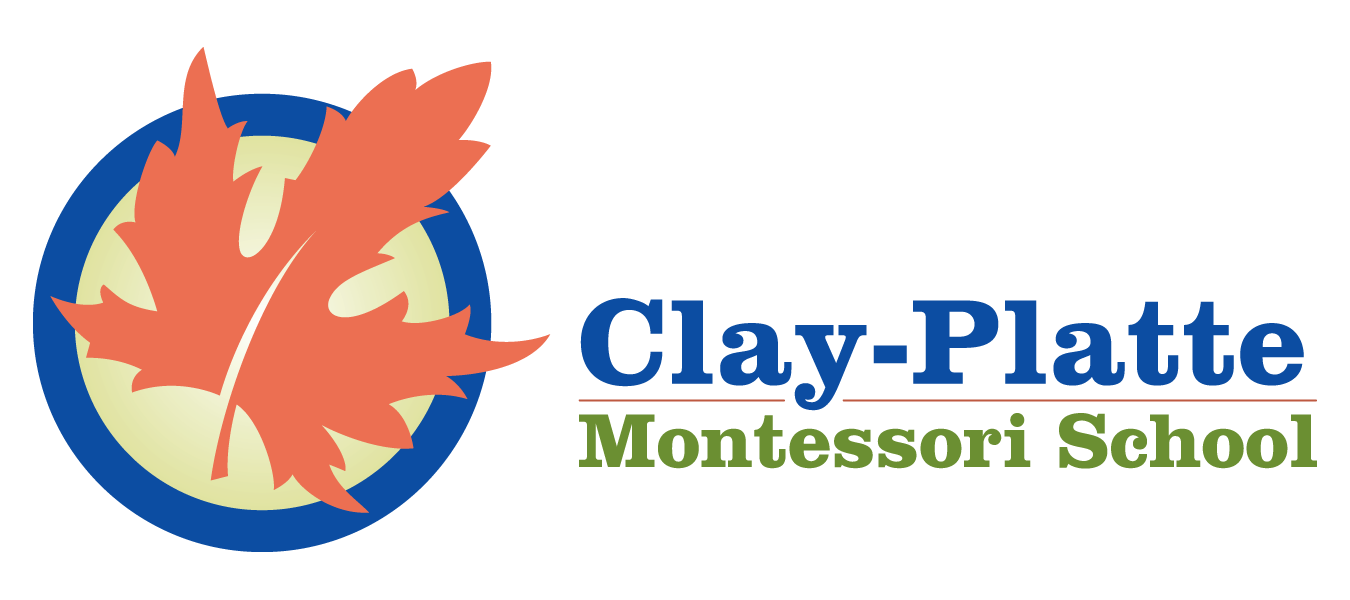"Community" as Education
At the Parent Orientation Nights Jen spoke about the beauty and importance of the Montessori Education:
“Earlier this summer, our family experienced a particularly traumatic event, at a fourth of July celebration. Thinking there was a gunman on Navy Pier, police and security guards yelled at us, “Get down! Get down!” After a tense 90 minutes trying to reunite our family, we learned that there wasn’t really a shooter, and we felt relieved that each of us left the event with only scraped knees and foreheads. Nora, my six year old, was there. I wasn’t sure how she would process this—I was also having trouble processing it. We were afraid of the very people we were celebrating with.
Since that night, she talks about it from time-to-time, often in crowds or lines at stores. That fear still lingers. As her mom, I began to question myself, how do I swallow my own fears and do things that may feel unsafe now, so that she develops resilience? How do we encourage her to move past her own insecurity toward courage?
We received the answer the other night. And it was: Pretty much, we didn’t have to do anything. Because she was here.
We talk a lot about Peace Education in Montessori. For a long time, I thought that meant that there was a special way of talking with children, a special way of teaching conflict resolution. But as I read Montessori’s Education and Peace, a few years ago, there was a moment that I almost hit the ceiling.
Montessori wrote, “The child is capable of developing and giving us tangible proof of the possibility of a better humanity. He has shown us the true process of construction of the human being. We have seen children totally change as they acquire a love for things and as their sense of order, discipline, and self-control develops within them.... The child is both a hope and a promise for mankind.”
There it was. Adults don’t need to do much. We need to sit back and let the children develop and observe what they do. They are born with the innate ability to manifest peaceful relationships with one another. Our primary job is to create an environment in which they have the opportunity and responsibility to practice those relationships.
Our classrooms are little communities in which the byproducts of one piece of work are used for another child’s work. One child uses a cloth to polish, then places the cloth in the laundry, another child washes the laundry. Another child may iron those cloths. We work together to keep the room in harmony.
As the children age, they develop a respect for the rules, and hold others accountable for those rules, sometimes with guidance about their tone of voice or approach with a child. Younger children practice work that reminds older children of its value. They work together and naturally develop a mutual respect.
The other night, as we were in the Red X, Nora was asking us for one more item that we were going to deny her, and an announcement came over the intercom, “Customer needs assistance near the bananas.” Josh explained that Nora couldn’t have the item, then without missing a beat, she said, “OK, let’s head over to the bananas to help this person.”
That’s when I knew that she would be ok. There was no fear of who this person was or what they would do. From her perspective, someone needed help, they went to the bananas and asked the announcer for help, so everybody needed to go and offer their assistance.
This is the beautiful world our children live in. This is the world they promise us: One in which we do for others because that is what we do. This is the hope they offer us: We can be the adults in the world of their vision, who show up to help because that is who we can be.
That little bit of hope and promise didn’t come from Josh and I reassuring her safety or pointing out exit signs in stores or responding when she felt alone. That hope and promise came from her interactions with other children, in an environment where her safety wasn’t in question, where her contributions were valued, and where she valued others.
The hope and promise offered to humankind by our children come from their little communities.”
—Jen Stoll, Director & Owner
